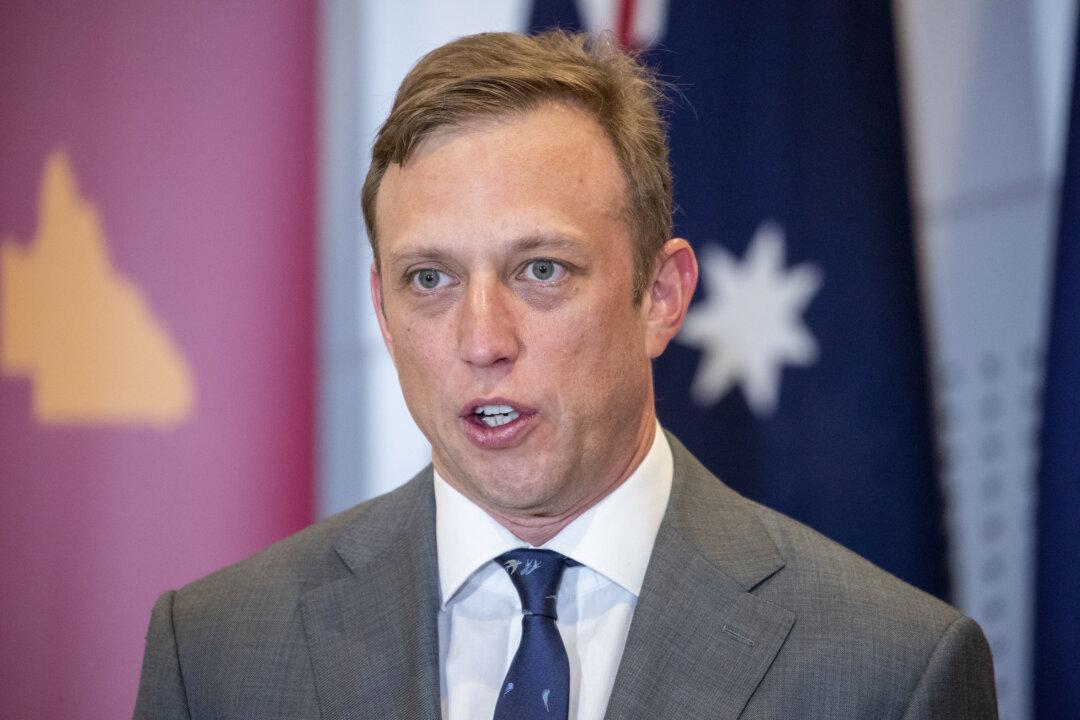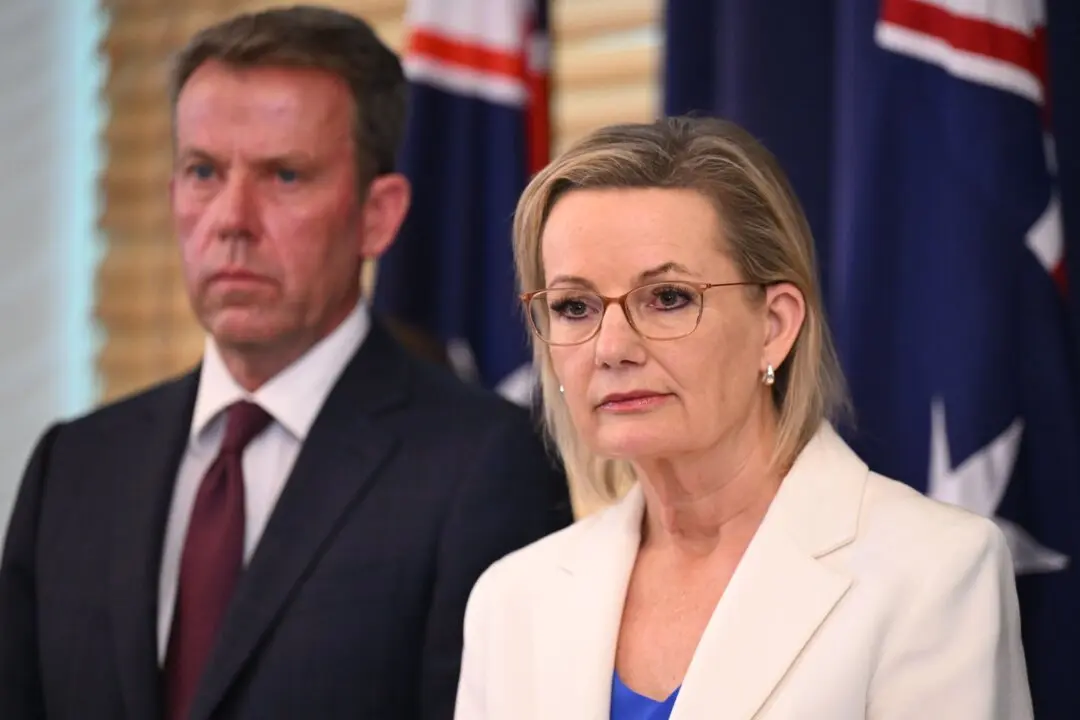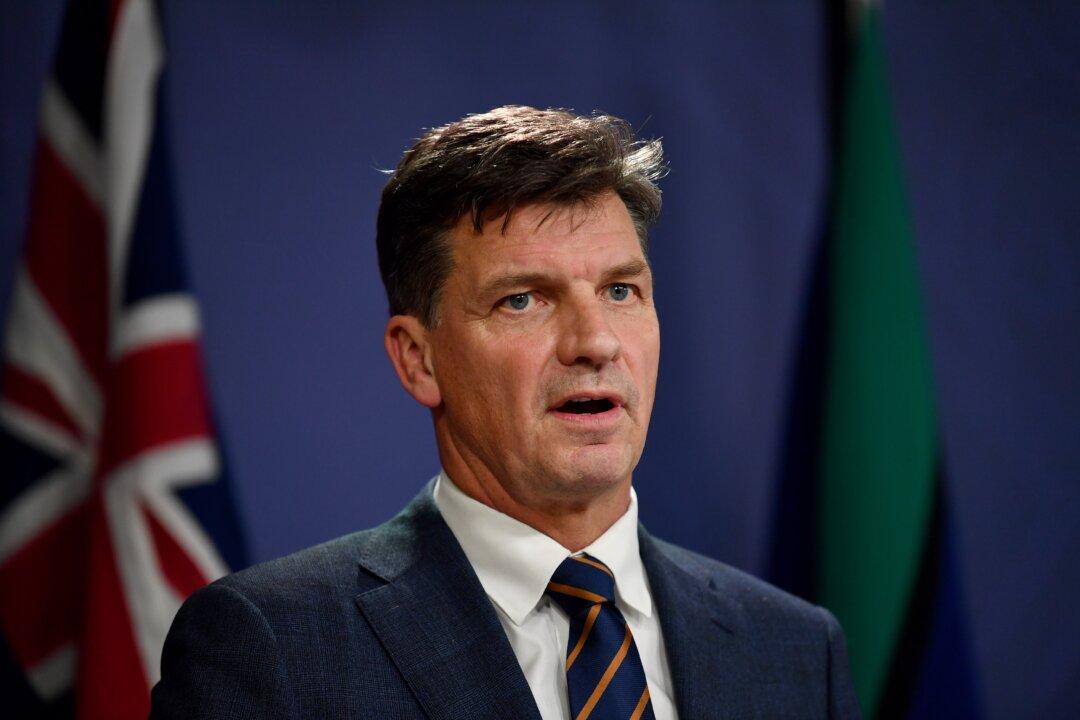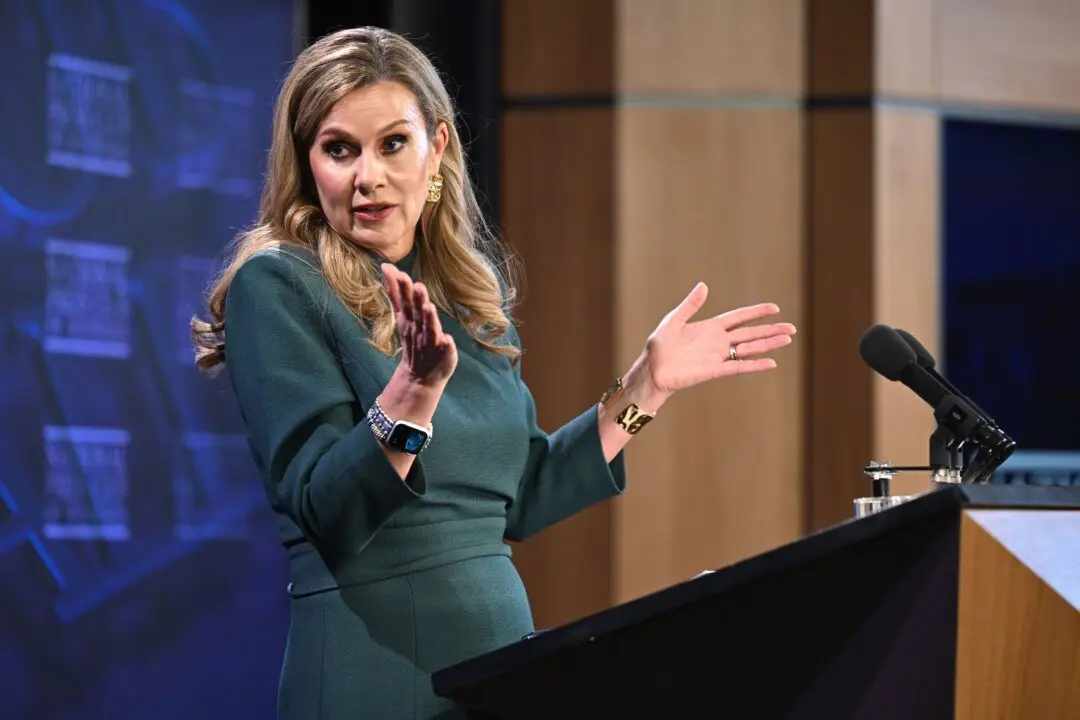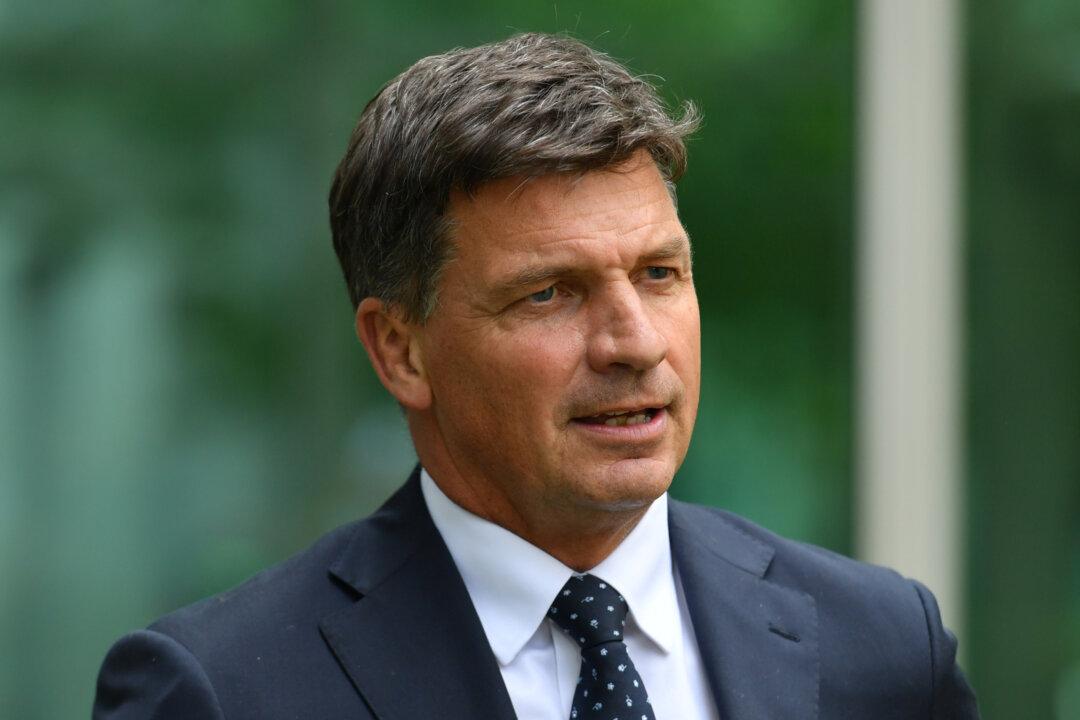The Queensland government has pledged to establish a public electricity retailer to lower petrol prices if re-elected in October, just two months after it announced plans to open several government-owned fuel stations across the state.
The move would mean the state would effectively be competing against itself with Ergon—a government-owned corporation.
